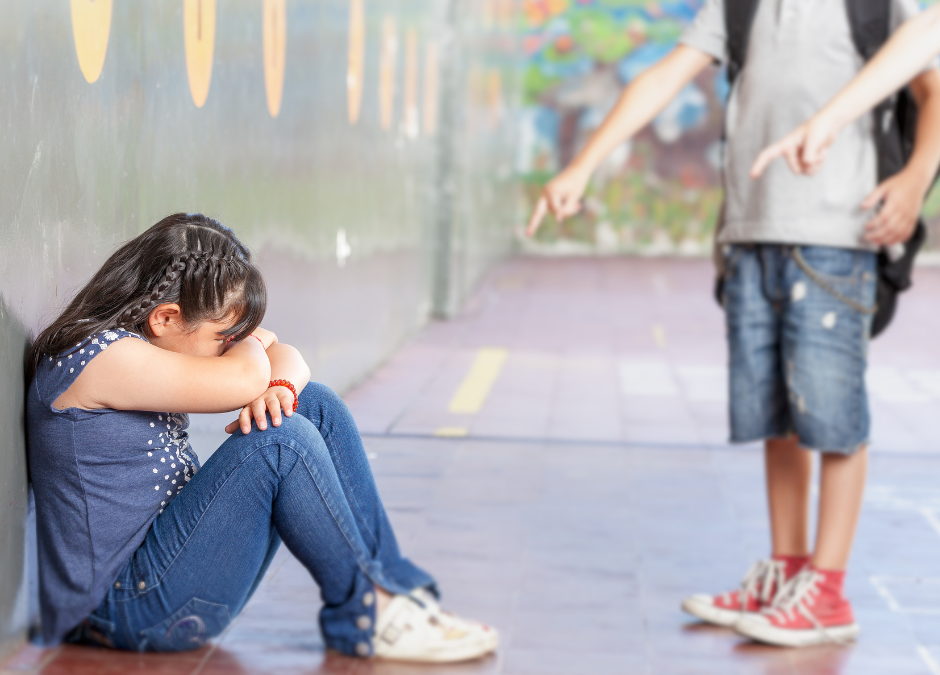Declared in October 2006, National Bullying Prevention Month is designed to raise awareness about the effects of bullying on children and families. Bullying harms a child’s self-esteem and can lead to poor attendance and increased anxiety and depression.
Bullying takes many forms and can include name-calling, harassment, physical assault, threats, intimidation, and exclusion from social groups. Cyberbullying in particular has become more prevalent with children’s increased exposure to technology and social media.
When parents and caretakers respond quickly to bullying, they send the message to children that bullying is not okay.
Look out for these signs that your child is being bullied.
- Avoiding social events or social withdrawal.
- Poor school performance (dropping grades, loss of interest in assignments, or not wanting to go to school).
- Unexplainable bruises or injuries.
- Frequent illness or faking illness to avoid school.
- Lost or destroyed belongings such as clothing or electronics.
- Trouble falling or staying asleep.
- Feelings of helplessness.
Keep in mind, children may not always ask for help for many reasons. They may feel helpless, fear backlash if they do speak up, or feel socially isolated. Whatever the case may be, open and honest communication and paying attention to these signs can make your child feel more comfortable sharing truthfully.
You should also make sure your child is not bullying other children by looking out for these signs.
- Getting into physical or verbal fights.
- Aggressive behavior.
- Blaming others for problems.
- Competitive about reputation or popularity.
- Have friends who bully others.
Ways that adults can prevent bullying are providing a safe school environment, talking openly about bullying and what it is, and creating a bullying prevention strategy in the community.
While school should be a welcoming and inclusive place, bullying is sadly common in school-aged children. Bullying should be taken seriously and not treated just as a part of childhood. Lingering effects can lead to long-lasting problems for bullying victims.

